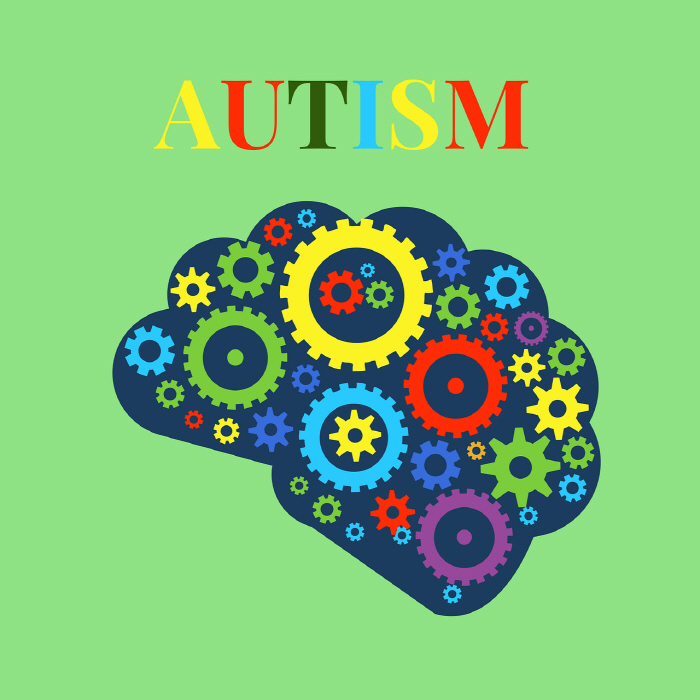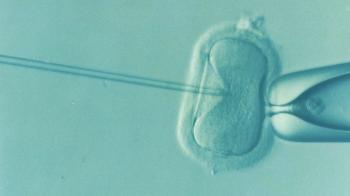Autism Spectrum Disorder Is on the Rise...A domestic research team reveals the possibility of treatment through intestinal microorganism control
Aug 18, 2025
|
According to the Ministry of Health and Welfare, the number of ASD patients in Korea surged from 26,703 in 2018 to 37,603 in 2022. About 2.64% of children aged 7 to 12 have ASD.
The U.S. Centers for Disease Control and Prevention (CDC) also found that as of 2022, 1 in 31 children aged 8 were diagnosed with autism, a steep increase compared to 1 in 150 diagnosed with autism in 2000.
ASD is a representative developmental disorder that affects sociality, communication, and behavioral development, and the exact cause of the occurrence has not yet been identified and there is no fundamental treatment. Until now, it has been known that it is mainly caused by genetic factors, but recently, the theory that intestinal microorganisms and immune responses affect brain function and behavior has attracted attention.
In this regard, a domestic research team suggested the possibility of treating autism through the control of the intestinal environment.
Pohang University of Science and Technology (POSTECH) announced that a research team of Dr. Cho Young-hyuk, Professor Kim Tae-kyung of the Graduate School of Life Sciences, and Dr. Park Cheol-soo of the Department of Life Sciences have identified the intestinal microorganisms and immune response mechanisms involved in ASD occurrence for the first time through industry-academic cooperation with Immunobiome.
According to a recent study published in the international journal Nature Communications, the research team produced and analyzed a genetically modified ASD mouse model grown in a sterile state, confirming that there are no ASD-specific behavioral abnormalities in the absence of intestinal microorganisms. It also revealed that intestinal microorganisms stimulate brain immune cells to cause inflammation, and that certain immune cells and immune pathways play an important role in autism development and symptoms. It is explained that intestinal microorganisms changed the balance of neurotransmitters 'glutamate' and 'GABA', affecting brain function, resulting in behavior and functional abnormalities. The research team discovered 'Lactobacillus reuteri (IMB015), a probiotic strain that absorbs glutamate and produces Gabba, through an AI-based metabolite prediction model, which restored metabolic balance and reduced neuroinflammation when administered to mice. There was also an effect of preventing ASD-related behavioral abnormalities.
Professor Pai-Hyeok Pai-Hyeok made a turning point in looking at autism as an immune-nervous system disease that can be managed through the control of intestinal microorganisms, not just a genetic disease""We plan to continue research on the development of probiotics and probiotic treatments to improve autism symptoms through clinical research ""
Meanwhile, Kim Hyo-won, a professor of pediatric psychiatry at Asan Medical Center in Seoul, also analyzed a total of 456 people, including 249 patients with autism spectrum disorder, through a joint study with CJ Bioscience CEO Cheon Jong-sik, and announced that the strains constituting the intestinal microbiome could be a new indicator that can determine the severity of the autism spectrum and predict clinical patterns.
This article was translated by Naver AI translator.














